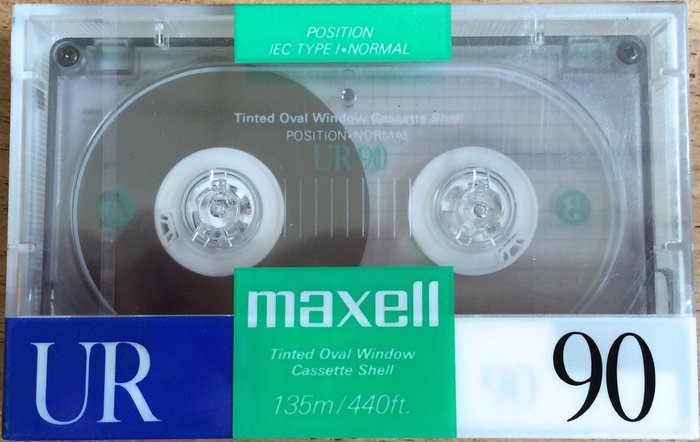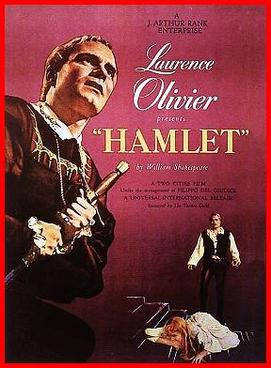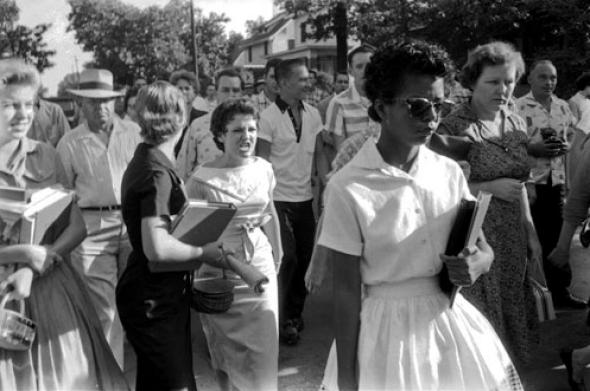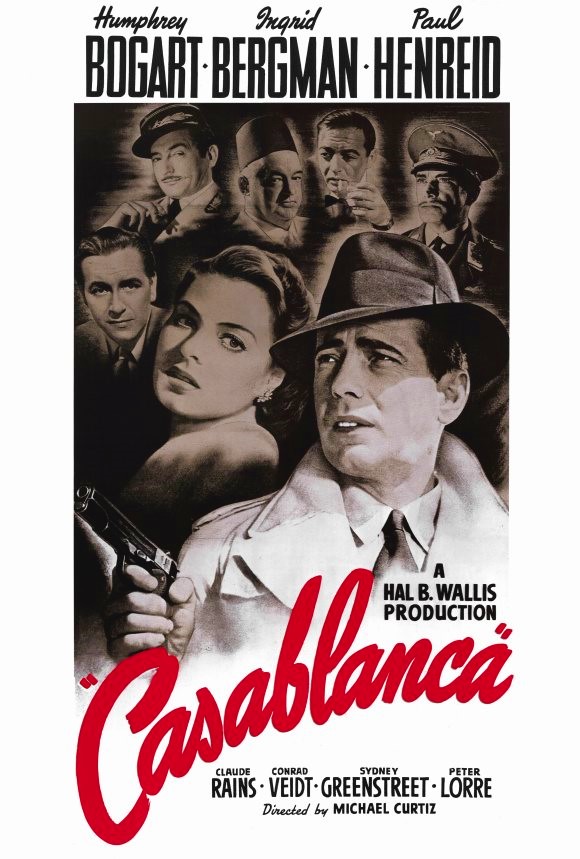I have the disadvantage of having watched Singin' in the Rain before An American in Paris. Singin' came out a year after American. That's my problem. There were very few moments watching this that I wasn't thinking about and wishing I were rather watching Singin'.
Gene Kelly as Jerry Mulligan is great (he plays himself, so yeah. I mean more of his singing and dancing). The music is great (you can't beat Gershwin). As so many musicals are, the musical numbers are the tiles and everything else is the grout keeping the musical numbers together. I didn't enjoy watching the grout. I liked the grout in Singin' in the Rain.
I got a bit excited to watching this movie during the opening scene. It's excellent. I noticed (with no surprise) in the opening credits that Gene Kelly was the choreographer. The opening scene is of him getting out of bed in a room that barely fits the bed. He puts the bed away and gets out everything else. It's a well choreographed and beautiful scene, even though it isn't a dance number. Every move works with every line of dialogue. There isn't anything else like it in the movie, however.
The closest is when Mulligan's fellow expat starving artist, pianist Adam Cook, is sitting between Mulligan and another man talking about the girls they are seeing. The only one who knows it's the same girl is Cook. Cook's "choreography" as he takes in the scene is a lot of fun. The scene is at around 1:18 if you have it and want to take a look.
I also liked this line, spoken by Grant about American students studying in Paris. "They're always making profound observations they've overheard."
There are many things to like. You could probably edit this movie down to a good, solid 20 minutes. That 20 puts it above a bunch of other movies. The other hour and 20 minutes puts it below the rest. I'm going to spend a week in Paris this summer. I enjoyed watching the different views of Paris, and that includes the surreal version during the closing number, though it goes on 15 minutes too long (it's about 17 minutes). I guess that's how I made it through the rest of the movie. It's pretty?
I thought it was interesting that the opening credits that they give credit to "Gene Kelley's painting's by Gene Grant." Shouldn't they have given credit to his character? Aren't they Jerry Mulligan's paintings?
NEXT WEEK: 1953 - The Greatest Show on Earth
Oscar Project Rankings:
-
Casablanca (1944)
- It Happened One Night (1935)
- Gentleman's Agreement (1948)
- The Best Years of Our Lives (1947)
- All Quiet on the Western Front (1931)
- Rebecca (1941)
- All About Eve (1951)
- Mutiny on the Bounty (1936)
- You Can't Take It With You (1939)
- Gone With the Wind (1940)
- Hamlet (1949)
- An American in Paris (1953)
- The Life of Emile Zola (1938)
- All the King's Men (1950)
- Grand Hotel (1933)
- Cimarron (1932)
- The Great Ziegfeld (1936)
- Broadway Melody (1930)
- The Lost Weekend (1946)
- Going My Way (1945)
- How Green Was My Valley (1942)
- Wings (1929)
- Mrs. Miniver (1943)
- Cavalcade (1934)




.jpg)

.jpg)




